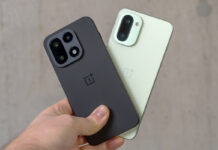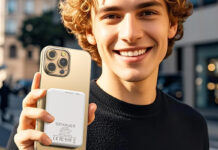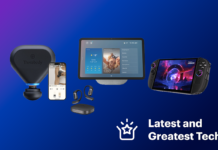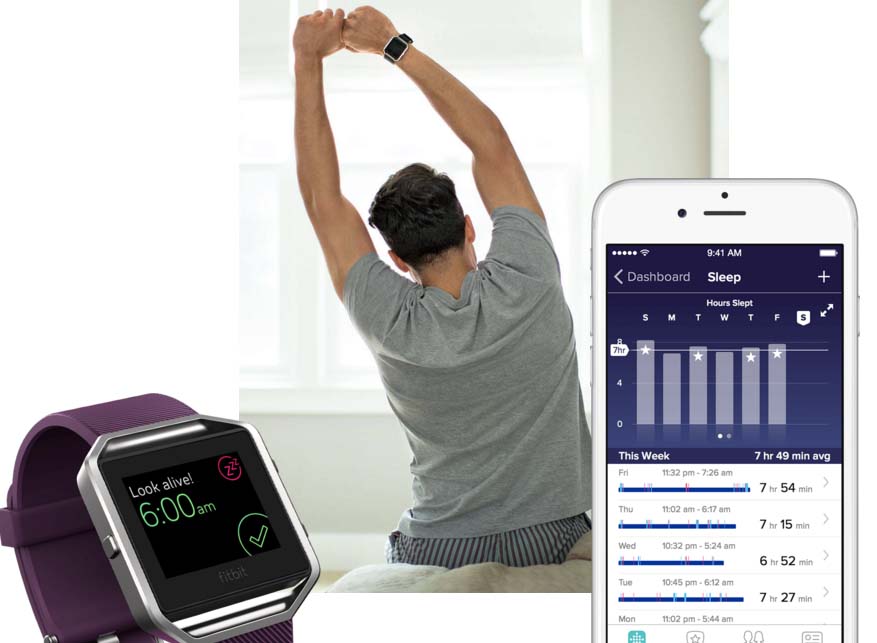
Today’s smartwatches and wearables are crammed to the hilt with various sensors that measure every nuance of our activity and even our heart rate, number of steps, flights climbed, altitude and in some cases even external conditions like UV exposure.
While measuring specifics of our exercise or even day to day activity plus our food intake creates an accurate representation of our fitness goals, getting quality sleep is a super important component of a healthy life.
This means being able to track not just the amount of sleep we’re getting but the amount of quality deep sleep our body is receiving.
Sleep is important, we know this when even short naps help us feel energized and refreshing sleep, growth hormone is produced and protein synthesis (provided protein is consumed prior to sleep) occurs. These are only two of the many beneficial aspects of sleep. Energy consumption reduction and brain cell restoration are two other aspects equally important for bodybuilders or anyone who exerts physical activity.
Aside from getting physical and mental rest, sleep is also responsible for repairing tissue, building muscle as well as storing up the energy you’ll need the following day. Some trackers, like the JayBird Reign focus on ‘recovery’ which measures how athletes and users should perform based on how they have slept, eaten and prepared the previous day.
Personally, sleep tracking is one of my key considerations when using a wearable fitness tracker. I find that being able to measure the quality of sleep I get or need explains a lot about how I feel or perform the next day. I’ve found that some smart watches and fitness trackers don’t offer sleep tracking out of the box.
Devices like the Apple Watch or Android Wear devices like the Moto 360 don’t have it as a standard feature and this is mostly because these devices expect to be charged at night while the user is sleeping. Still, since these are tiny computers, there are workarounds. Apple Watch can use Sleep ++ 2.0, while Android devices have the option to runt Sleep As Android which is an app that uses the watch sensors to measure movement and sleep.
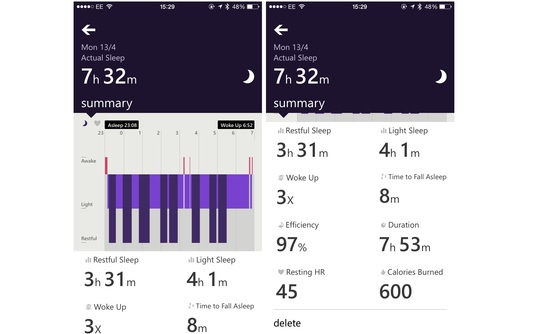 Fitness trackers seem to have a better grip on sleep tracking. These devices don’t have smartphone aspirations and aren’t weighed down by countless features or apps so they last for days on a single charge instead of hours.
Fitness trackers seem to have a better grip on sleep tracking. These devices don’t have smartphone aspirations and aren’t weighed down by countless features or apps so they last for days on a single charge instead of hours.
More importantly, they can be worn all day and all night, making the sleep tracking function a great feature to include.
I find that with some devices, you need to turn on sleep tracking before your doze off, that’s great if you remember to trigger the feature, but otherwise, if you nod off before you can enable sleep tracking,then the tracker simply doesn’t kick in.
More advanced devices can figure out that a lack of movement on the wearer’s part means they have likely fallen asleep and can quickly begin tracking your sleep. More advanced devices with heart rate monitors, like the Microsoft Band 2 or the HTC Band can even measure heart rate at intervals while you sleep as well as determine the amount of calories you’re burning.
Sleep tracking on smartwatches or wearables doesn’t count for much if you can’t get a visual read on what it all means. The app component of these devices is very important. I use Microsoft Health with my Band 2 as well as UA Record with an HTC Band and these give me very detailed information on my sleep status.
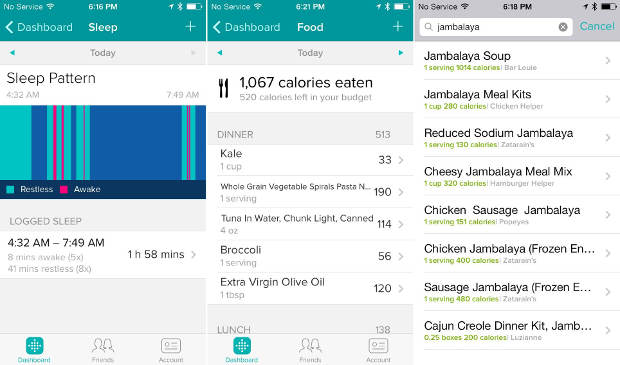
This includes hours I’ve slept, time of deep sleep, times I woke up and a general overview of the quality of sleep. The Fitbit Blaze, which is similarly designed to be worn all day and night also has automatic sleep tracking enabled and is quite accurate. I like Fitbit’s wholistic approach to health and fitness tracking as well as their proactive sleep tracking feature as well as their software component which really makes it possible to see the advantages of getting a good night’s rest.
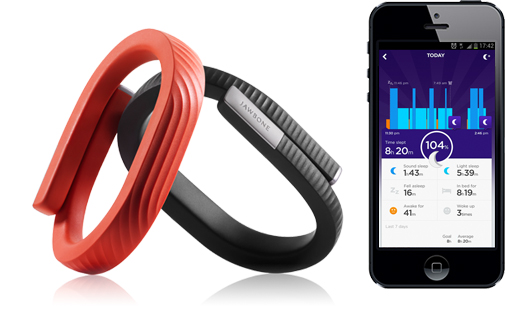
Jawbone’s UP24 fitness trackers also do a great job of tracking sleep. UP24 measures your sleep patterns through actigraphy. It tracks your micro movements to determine whether you’re awake or asleep, and provides a comprehensive look at your night’s sleep on the UP app.
You’ll be able to see how long you slept for, how many times you woke up, how long it took you to fall asleep, and more.
When it’s time to wake up, you don’t have to rely on a startling alarm clock. UP24 also wakes you gently with its vibrating Smart Alarm, so you’ll feel refreshed rather than distressed. Set up to four alarms to wake you within certain time windows or at a specific time.
There’s even a budget option for all around minimalist tracking the Misfit Flash measures a wide variety of activities, from walking to sports, as well as sleep, and syncs with your smartphone so you can see the big fitness picture. With 30-metre waterproofing, this handy device can tag along while you’re swimming or running outdoors. These tiny devices monitor calories burned, distance travelled, steps taken and the duration and quality of sleep, meaning you get many of the same features as the Flash’s plethora of competitors that cost more and are more fiddly to use or enable.

